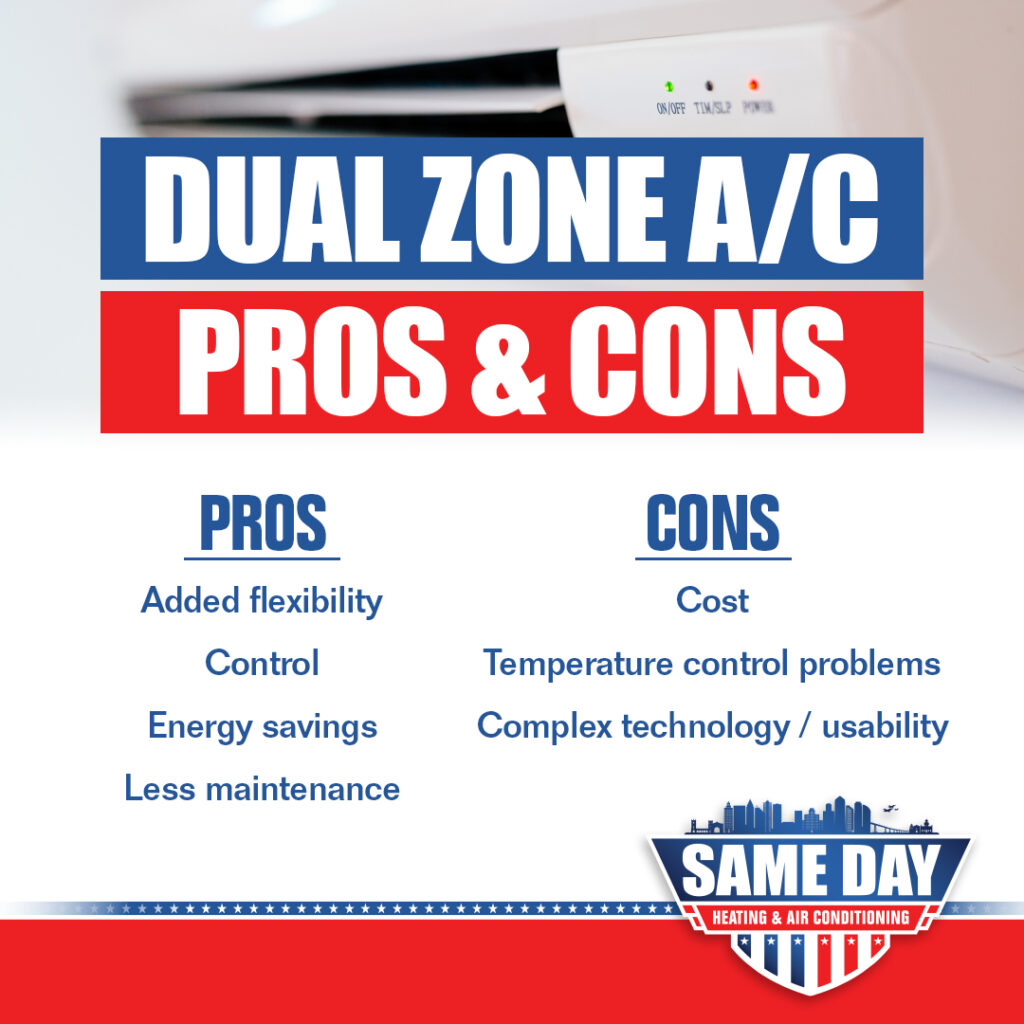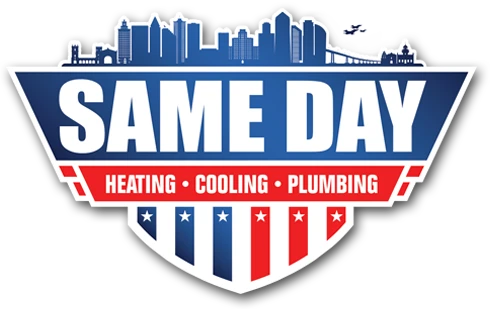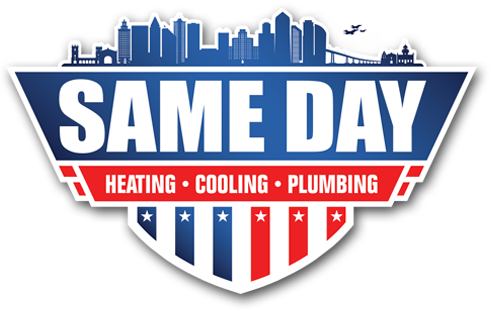Dual Zone AC Problems And What You Can Do
Quick Summary: This blog explains the benefits and common issues of dual-zone HVAC systems, which allow for customized temperature control in different parts of a home. Dual-zone systems offer increased efficiency and flexibility, but they can also face problems, such as faulty thermostats, sensors, dampers, and blocked or dirty air filters. Regular filter maintenance and checking power supply issues are important to keep the system running smoothly. Additionally, auto climate controls can enhance the performance of dual-zone systems by automatically adjusting temperature settings, improving comfort and reducing energy consumption.
On the surface, dual zone AC systems seem like a great solution for larger homes and residences that need to regulate temperature differently in different rooms, or by area of the house. And that’s precisely what dual zone air conditioning systems allow you to do, often while increasing the overall efficiency of your HVAC system.
So if you’re looking to upgrade your existing HVAC, adding dual zone air conditioning to your home can provide improved flexibility and efficiency. Like any HVAC solution, however, dual zone air conditioning problems are likely to come up once installation is complete and you begin to understand exactly how it will function in your home.

How Dual Zone Air Conditioners Work

Dual zone air conditioning systems use a series of thermometers, sensors, and dampers to control the temperature in different parts of the home. This can help with your overall comfort or home humidity issues.
You could program your basement to be warmer, while the main floors may need additional cooling — just about any temperature configuration you might need can be accommodated with a dual zone unit.
Dual zone A/C units are especially helpful for homes with multiple stories, areas that are routinely unoccupied, or configurations that lend themselves to natural ‘zones.’
Dual Zone Air Conditioner Problems and Benefits
Many of the benefits of dual zone AC are self-evident — the added flexibility to control the temperature distinctly all around your home. In addition, these systems can often add efficiency to your HVAC system, reducing your monthly energy bill. In some cases, these kinds of systems require less maintenance as they typically work less hard than their central air conditioning counterparts. As a result, you might experience less cost for repair or replacement over the life of the system.
Why not invest in dual zone air conditioning, then? There are a few important considerations before you decide to take the dual zone plunge:
- Cost – dual zone systems can be expensive. Expect to add 2 – 3 thousand dollars to the price for each ‘zone.’ It may be worth considering how much you’ll save in energy costs, however, as you can reasonably expect to earn some of this back over the life of your HVAC system.
- Operation Issues – Just about the most common problem with dual zone systems is the temperature control simply not working. This problem is common precisely because of the complicated nature of the system – the more technology and hardware you have, the more potential for problems both immediately and in the long run. And since dual zone systems rely on a fairly complex structure and system, issues can come up regularly. Dual zone air conditioning problems can be the result of a faulty thermostat, sensor, or a malfunctioning damper. Depending on the problem and its severity, these kinds of issues can be resolved in a few minutes, or may require an HVAC professional to service the system.
The Importance of Regular Filter Maintenance in Dual-Zone AC Systems
One common issue with dual-zone HVAC systems is dirty filters. Over time, the cabin filter and other air filters in the system can become clogged, reducing airflow to specific zones and causing temperature control problems. It’s important to regularly check and replace filters to prevent these issues. The frequency of filter changes will depend on the manufacturer’s guidelines and your household’s environment, but it’s generally recommended to inspect them every few months. Clean filters improve system efficiency and ensure that air vents deliver adequate airflow to all zones, maintaining optimal temperature control throughout your home.
Troubleshooting Common Power Supply Issues in Dual-Zone Systems
Another potential problem in dual-zone HVAC systems is power supply issues. If one zone stops working, it could be due to a disruption in the power source to that part of the system. Start by checking your thermostat settings to ensure everything is set correctly. If the problem persists, there could be a more complex issue with the power cable or connection to the HVAC system itself. A malfunctioning power source can cause temperature imbalances and irregular system performance. For persistent problems, it’s advisable to consult a high-quality HVAC repair service to ensure your system’s power supply is functioning properly.
How Auto Climate Controls Improve Dual Climate Control Systems
Auto climate controls can enhance the functionality of dual-zone HVAC systems by automatically adjusting temperature settings based on current indoor conditions. These smart climate controls help maintain consistent temperature and comfort levels across different zones, making it easier to achieve desired temperature settings without constant manual adjustments. Whether you have a dual-zone system or are considering installing one, auto climate controls can optimize efficiency and reduce energy consumption. Additionally, dual climate control systems with advanced automation reduce the likelihood of frequent adjustments, keeping the system running smoothly and efficiently.
Help! My Dual Zone AC Is Not Working In One Zone (Upstairs)
If your dual zone AC is, for example, working downstairs but not working upstairs, you’ll want to self diagnose the problem first by checking the air registers in the zone of question. They could be dirty, blocked, or closed off. Check your air filters as well. If you are still having issues getting air to a particular zone, you may have an issue with your duct system.
If you are looking to add or explore a further discussion on dual-zone air conditioning, check out this DIY forum.
Looking for other options to cool different zones of your home? A split air conditioning system may be a more affordable alternative to a dual zone system. If you’re not sure what the best choice is for your particular situation and needs, call (619) 762-30144 to speak to one of our HVAC professionals. We’ll help you get more clarity on dual zone air conditioning problems and benefits, split air conditioning, servicing, and much more.

